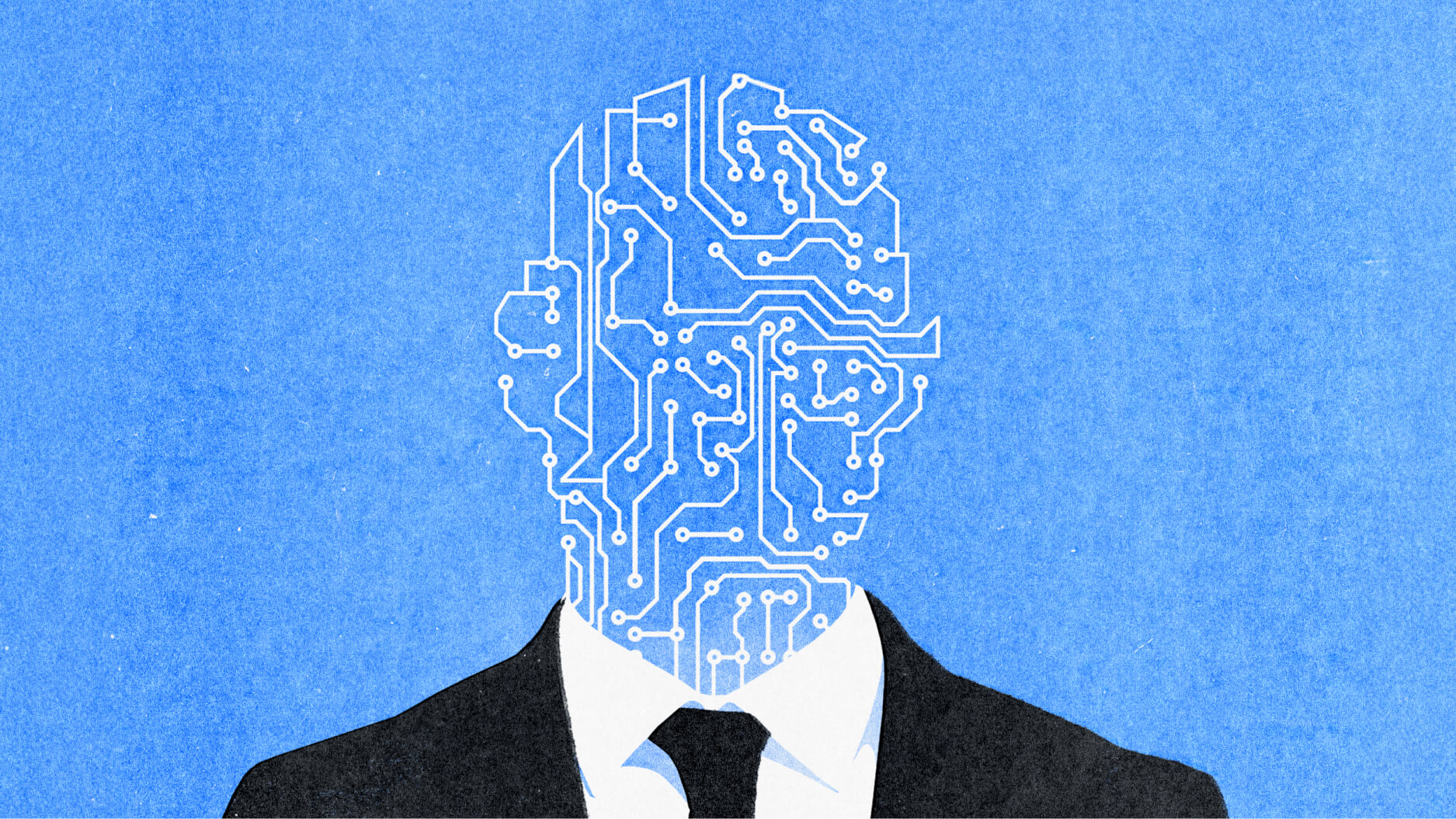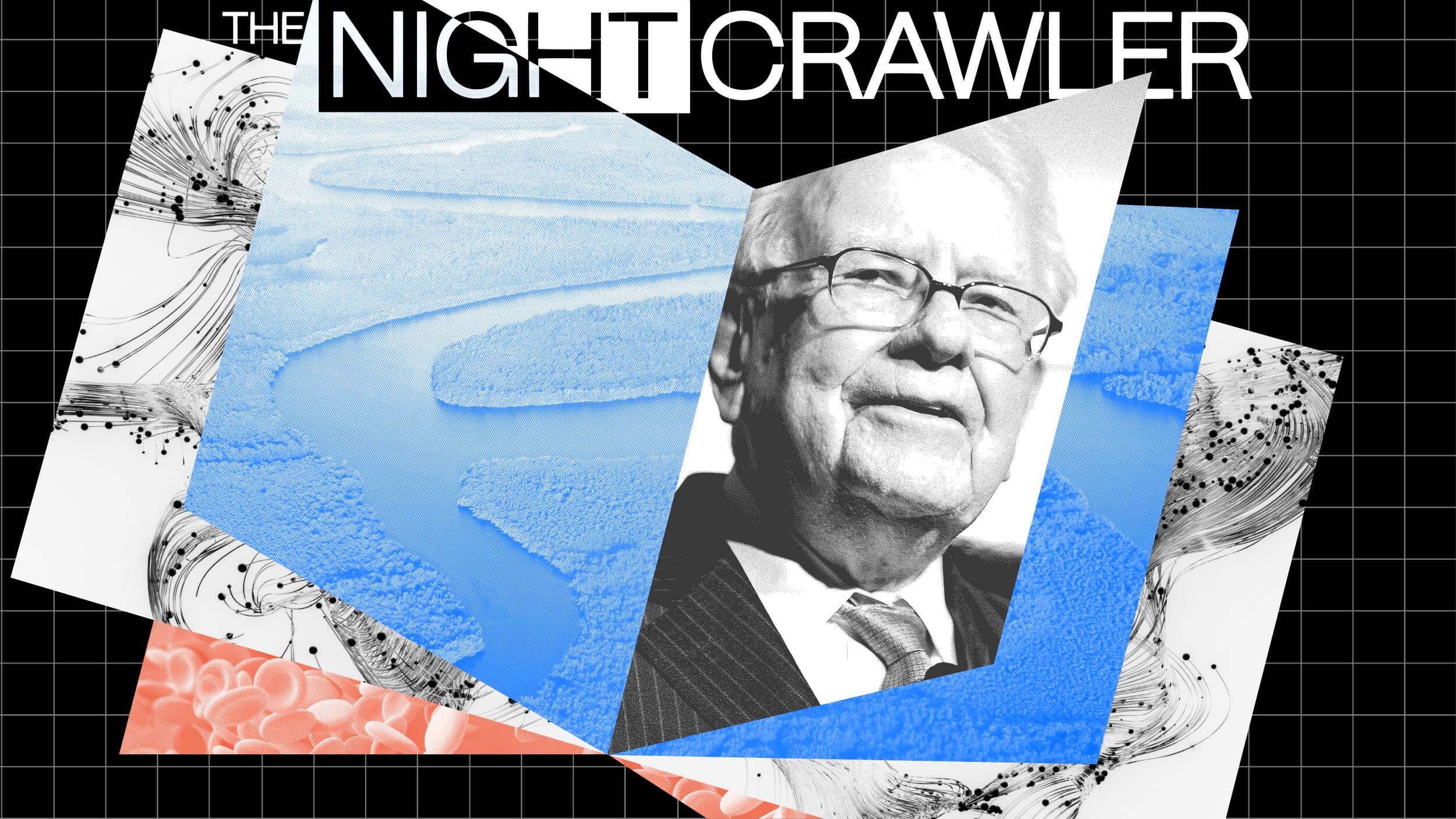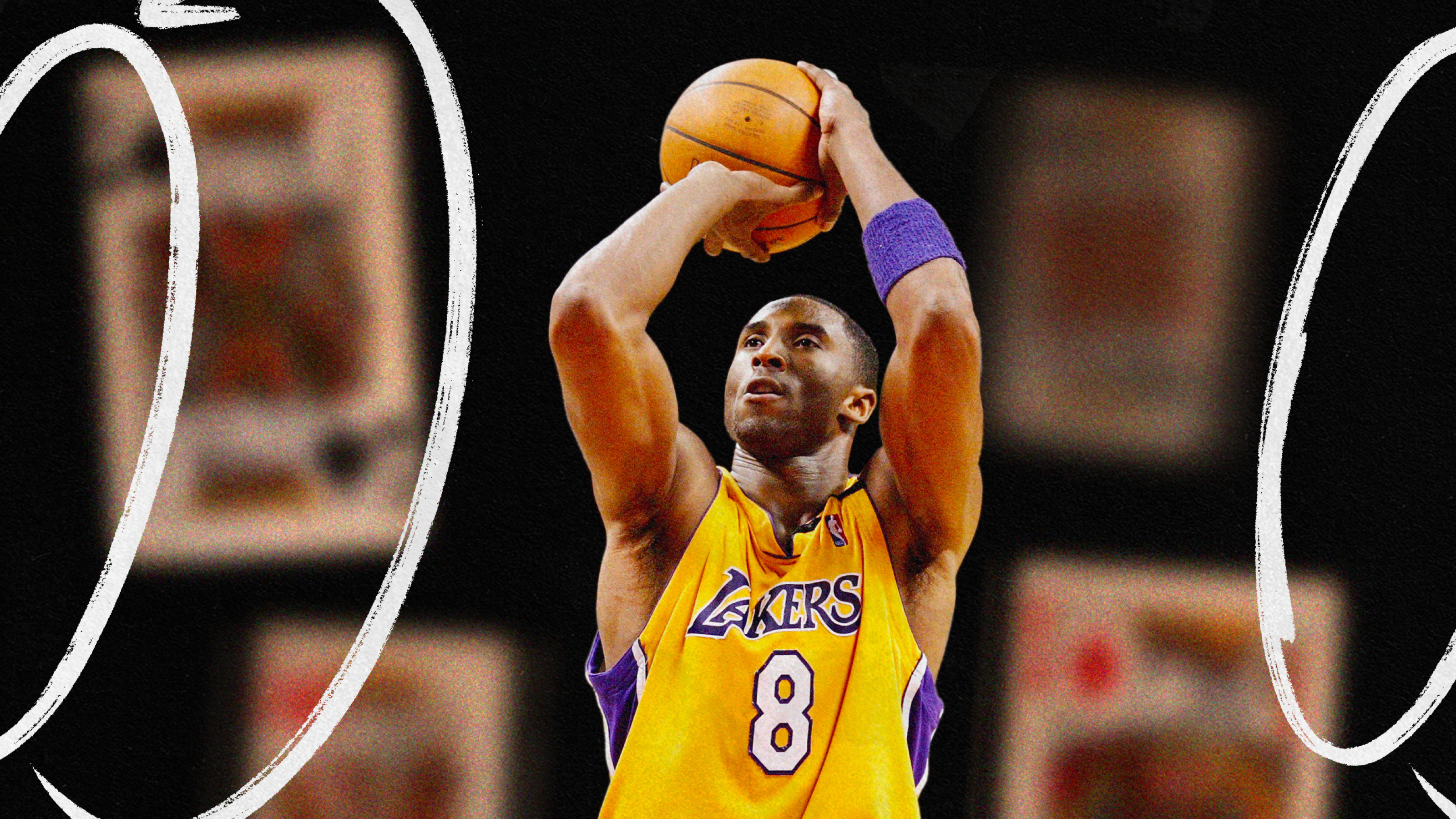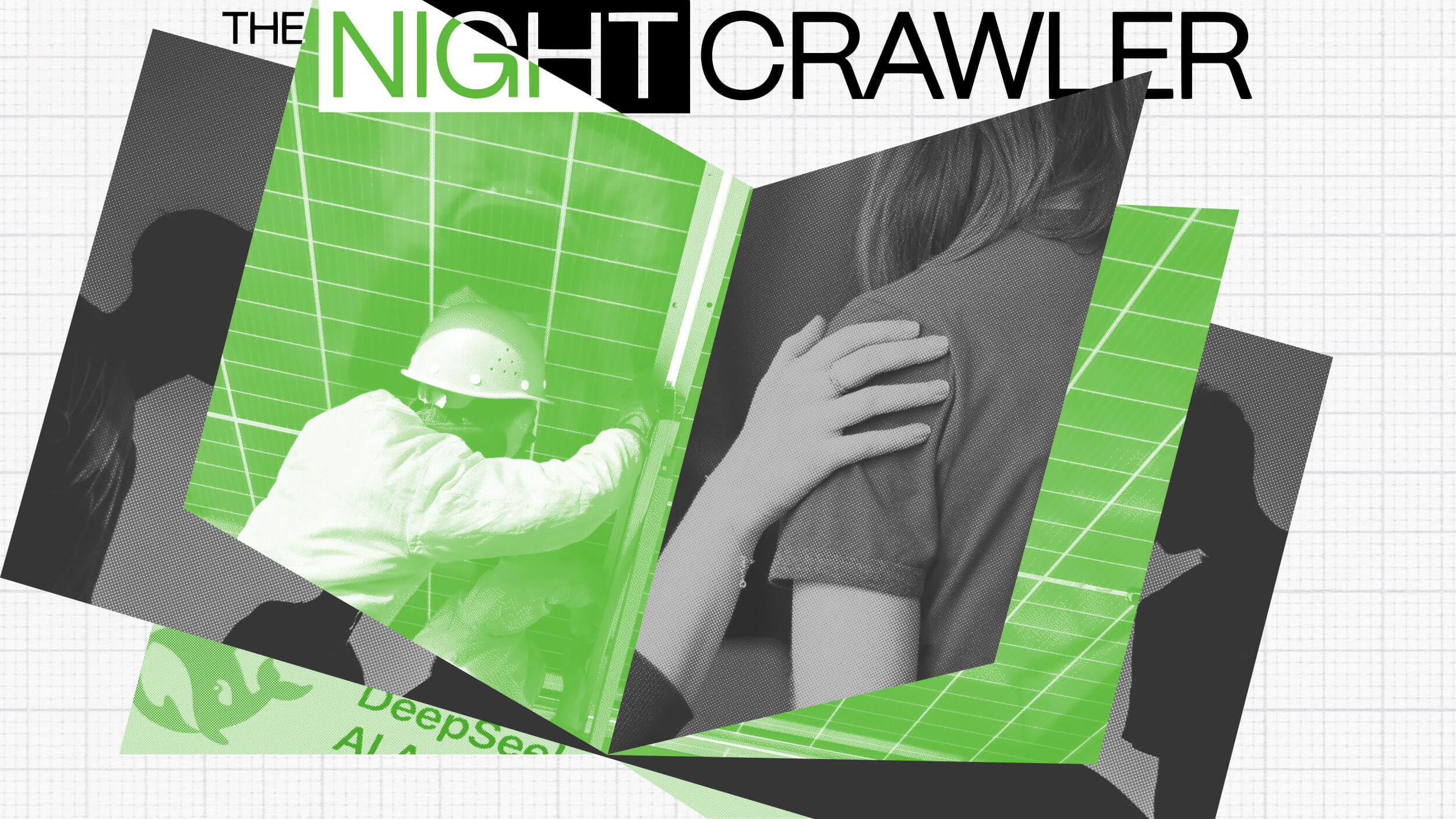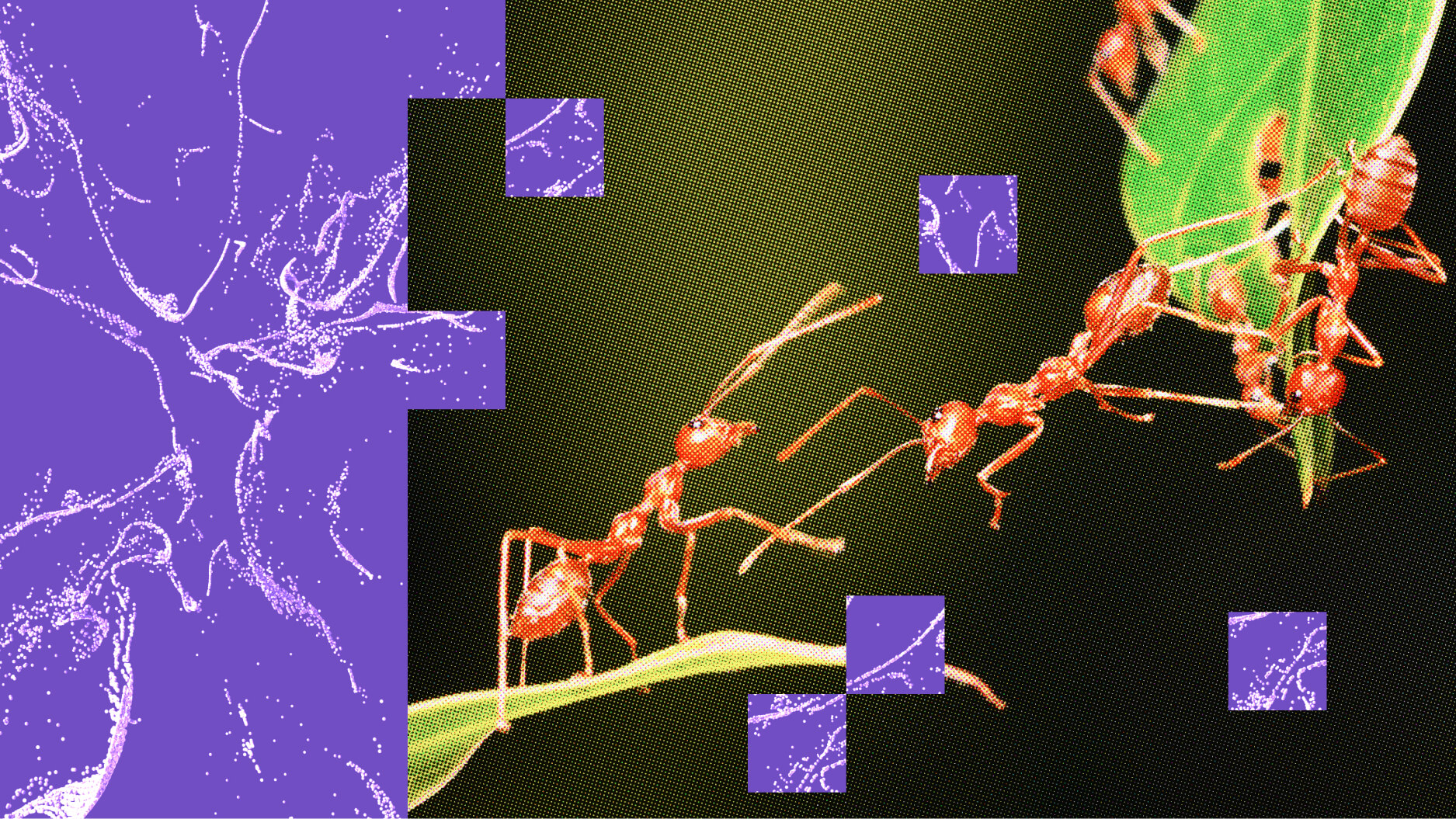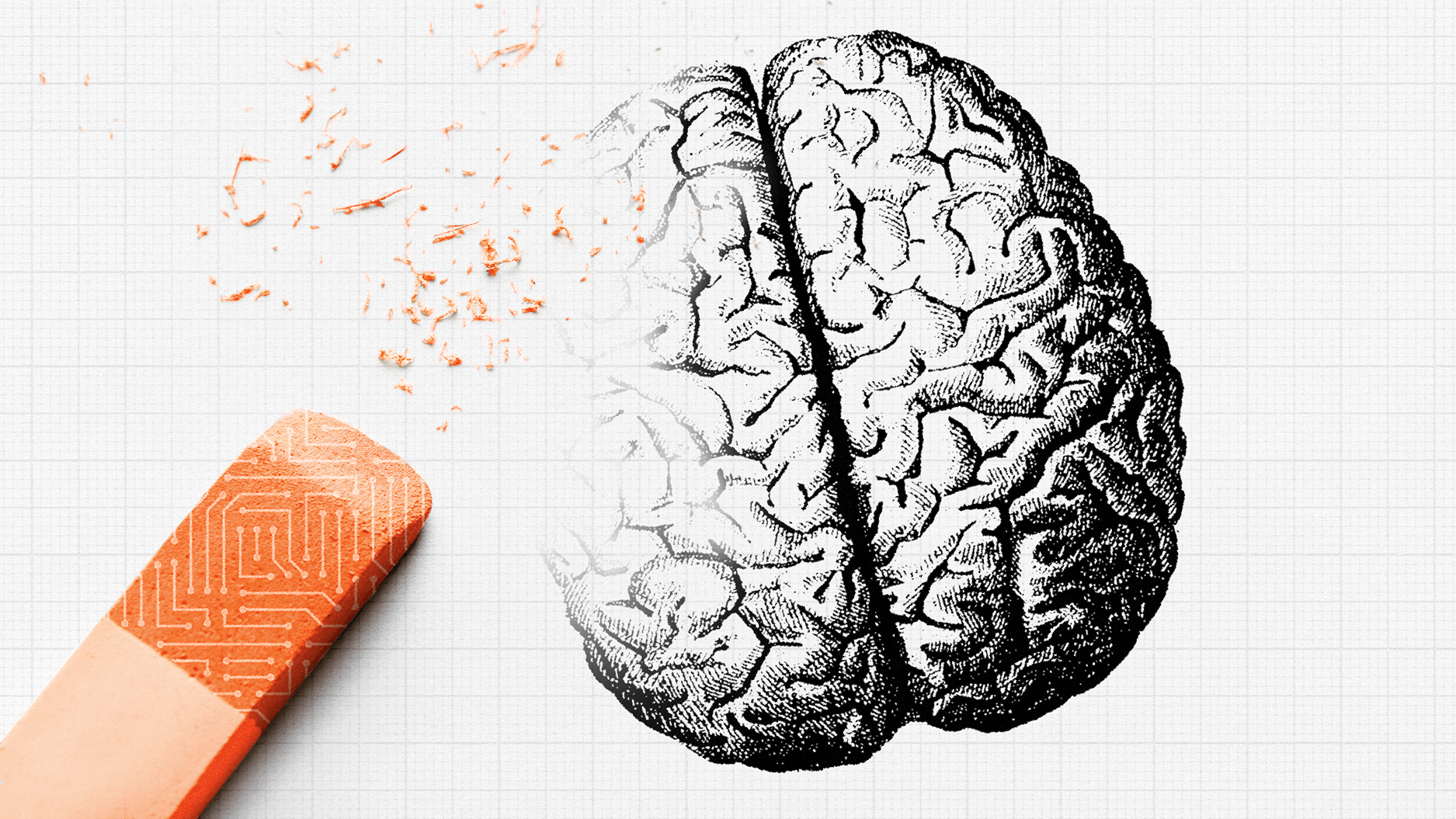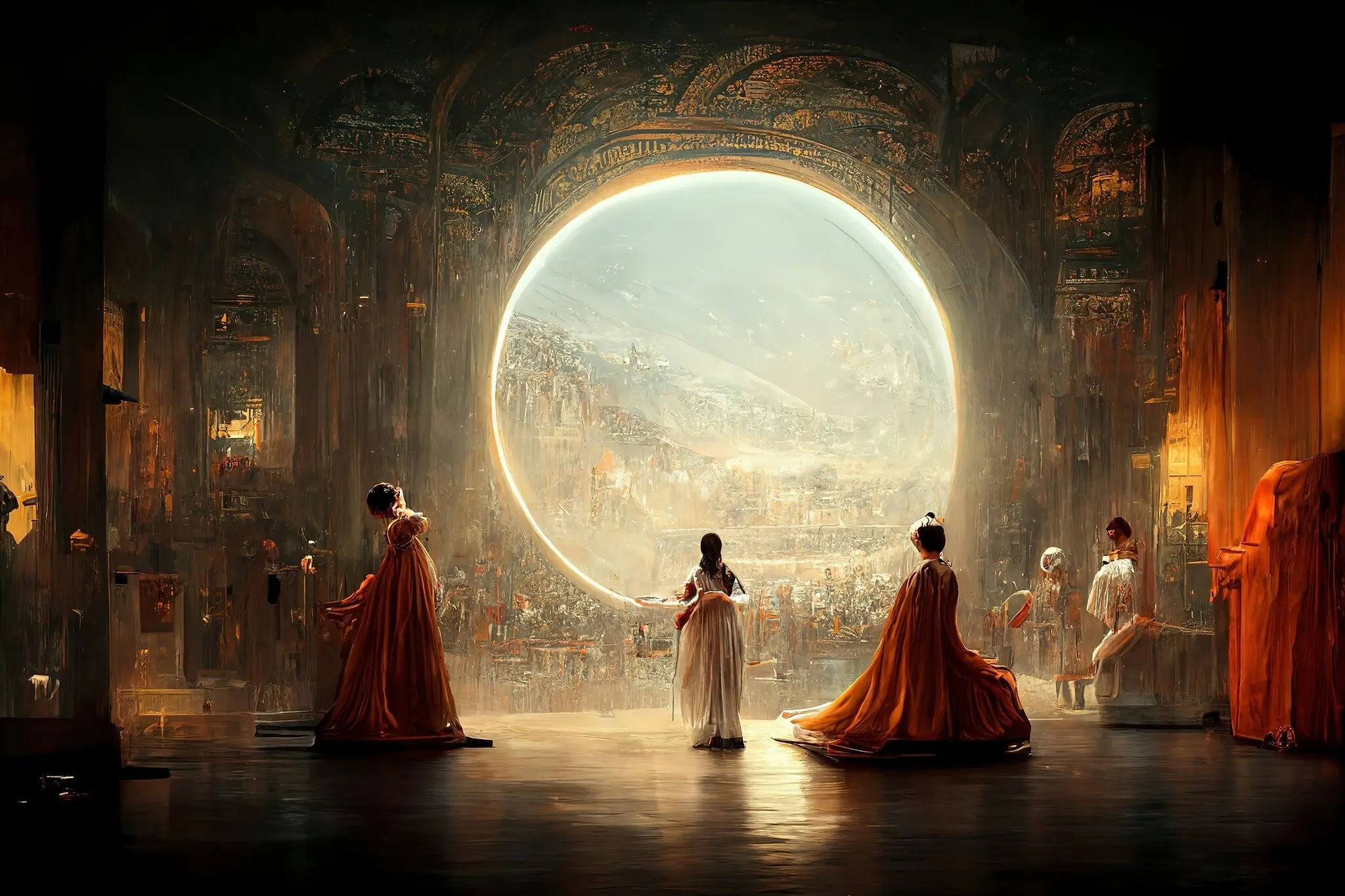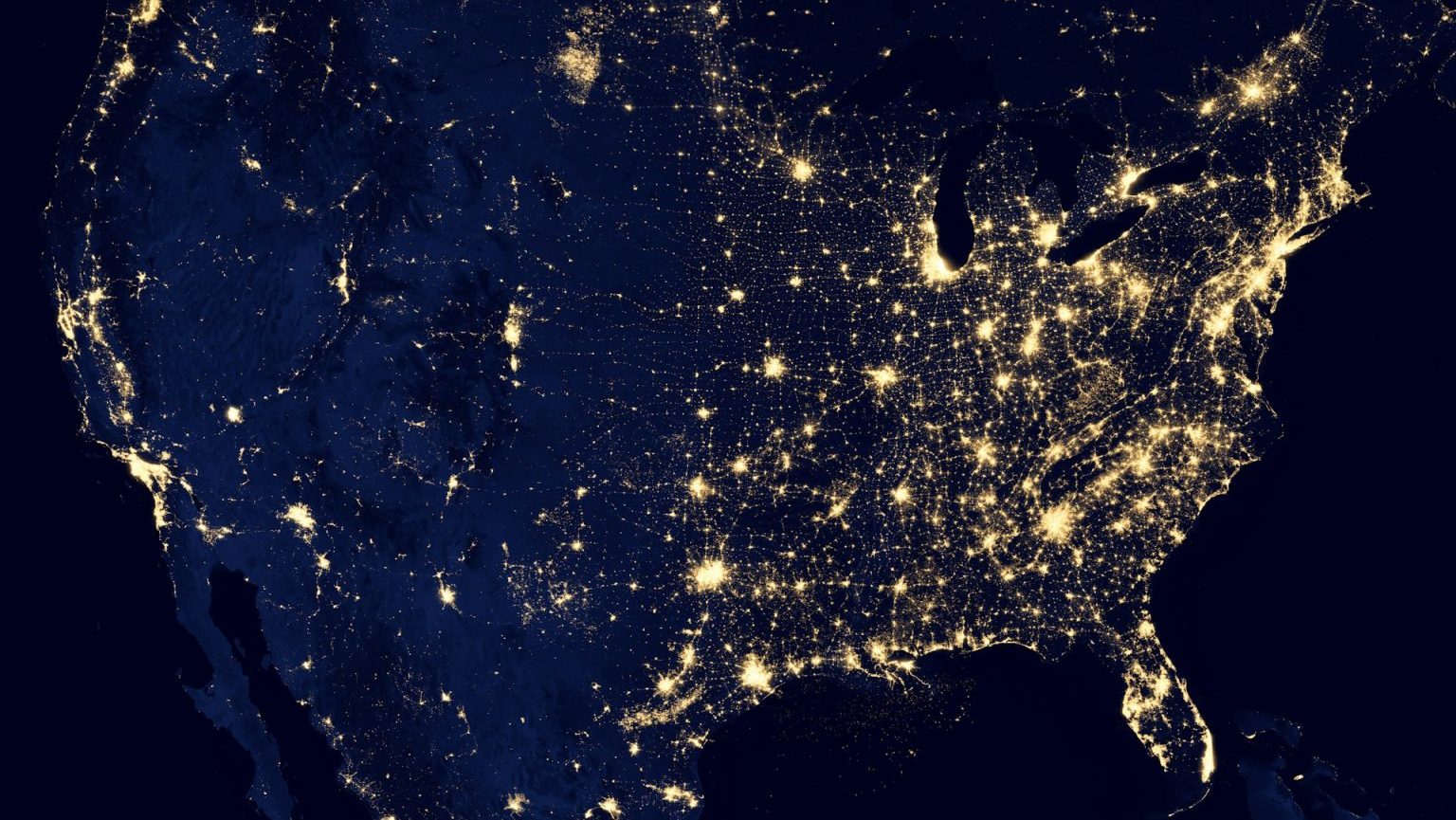ai
Welcome to The Nightcrawler — a weekly newsletter from Eric Markowitz covering tech, innovation, and long-term thinking.
Conversational AI agents will have a major advantage over human salespeople.
Welcome to The Nightcrawler — a weekly newsletter from Eric Markowitz covering tech, innovation, and long-term thinking.
Webflow CEO Linda Tong tells Big Think how her lifelong love of sports has guided her ascent to the C-Suite.
Welcome to The Nightcrawler — a weekly newsletter from Eric Markowitz covering tech, innovation, and long-term thinking.
Jotform CEO Aytekin Tank highlights an AI-powered pathway towards more productive and more creative teams.
“Ultimately, the choice rests with each individual: whether to take the convenient route of allowing AI to handle our critical thinking, or to preserve this essential cognitive process for ourselves.”
Welcome to The Nightcrawler — a weekly newsletter from Eric Markowitz covering tech, innovation, and long-term thinking.
Philosopher and author Christopher DiCarlo outlines the key areas where AI continues to reshape the labor landscape.
An approach based on collaboration and empathy can place “connection with people” at the heart of AI’s purpose.
Yondr CEO Graham Dugoni unpacks the technological zeitgeist in this exclusive Big Think interview covering media ecology, leadership, AI, human connection, and much more.
“Technology has always been co-opted for war, but truly intelligent AI, let alone a superintelligence, is a different beast entirely.”
Welcome to The Nightcrawler — a weekly newsletter from Eric Markowitz covering tech, innovation, and long-term thinking.
Chetan Dube — founder and CEO of Quant — tells Big Think why a pivotal and monumental year for agentic AI has just begun.
Why the advertising legend — and author of Alchemy — believes that inefficiency can be genius and insects can unlock innovation.
Welcome to The Nightcrawler — a weekly newsletter from Eric Markowitz covering tech, innovation, and long-term thinking.
The cognitive scientist argues the current AI environment is failing us as consumers and a society. But it’s not too late to change course.
The tech world’s fixation on artificial intelligence has spawned beliefs and rituals that resemble religion — complete with digital deities, moral codes, and threats of damnation.
And can we run the grid of the future without AI?
Encouraging thoughtful responses over impulsive reactions can help prevent AI exploitation in decision-making.
Welcome to The Nightcrawler — a weekly newsletter from Eric Markowitz covering tech, innovation, and long-term thinking.
“Could you create a god?” Nietzsche’s titular character asks in “Thus Spoke Zarathustra.”
With no reliable way to discern the author of an artwork, we may eventually abandon the question of whether something was made by humans or not.
“Personhood” credentials could cleanse the internet of bots — but are the costs worth it?
A National Center for Data and Evidence could supplement our archaic and expensive system and more accurately measure AI’s impact on jobs.
The Wharton School professor — and author of Co-Intelligence — outlines ways we can tap into the AI advantage safely and effectively.
The integration of artificial intelligence into public health could have revolutionary implications for the global south—if only it can get online.
“We can build AI scientists that are better than we are… these systems can be superhuman,” says the FutureHouse co-founder.
Welcome to The Nightcrawler — a weekly newsletter from Eric Markowitz covering tech, innovation, and long-term thinking.
While we’re busy wondering whether machines will ever become conscious, we rarely stop to ask: What happens to us?

